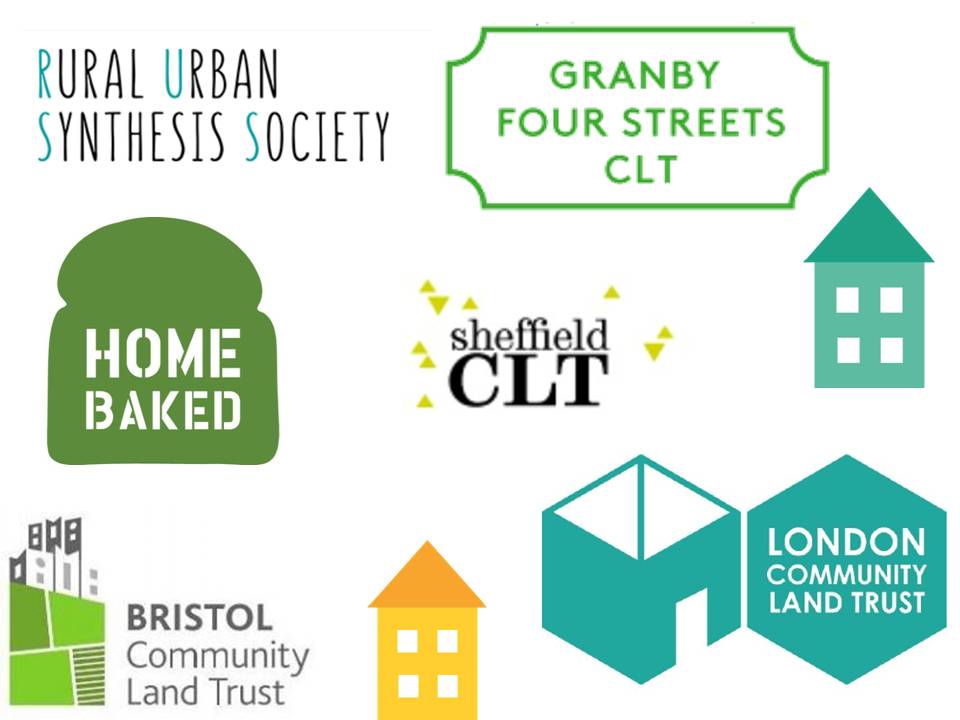An Introduction:

Community Land Trusts (CLTs) are non-profit organisations established by communities to provide genuinely and permanently affordable, community-controlled housing and other assets such as social enterprises, bakeries and gardens; work or meeting spaces; and green spaces.
CLTs provide an important social good in the context of and soaring property and private rental prices which are making accommodation and tenancy unaffordable to many living in the United Kingdom while empty properties, disinvestment, failed regeneration initiatives blight cities and towns.
Originally, around the early 2000s, CLT’s in England operated in predominantly middle class rural areas where they provided a means of preserving community stability against influxes of second-home buyers. CLTs have played an important role in English towns which have increasingly seen the closing of community services such as post-offices and pubs and the loss of younger people who leave in search of work and affordable housing.
More recently, however, the CLT model has moved into the UK’s urban areas not only providing a viable alternative to increasingly expensive city accommodation, but also serving as a tool in the battle against gentrification and empty streets. This blog series will feature stories on some of the UK’s most successful urban CLT’s including: St Clement’s Hospital CLT (East London); Naked House CLT (London); Thrift CLT for Soham, (Cambridgeshire); Granby Four Streets CLT (Liverpool); Bristol CLT; Homebaked CLT, (Liverpool) and the Rural Urban Synthesis Society CLT (South London).
In the meantime watch this video for an overview of CLTs in the UK and a discussion on how the flexible nature of the CLT model allows for it to be adapted from the rural to the urban context.
